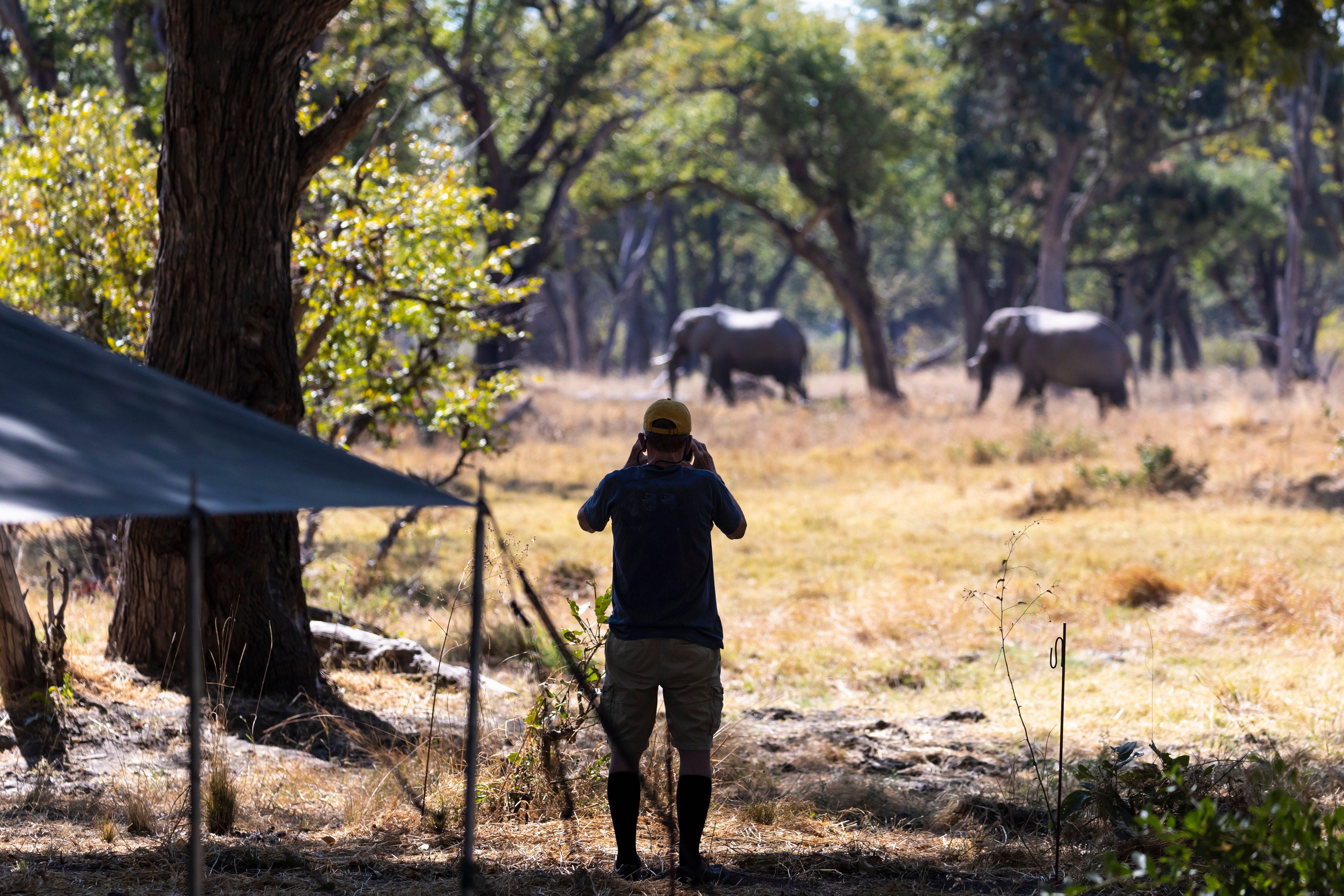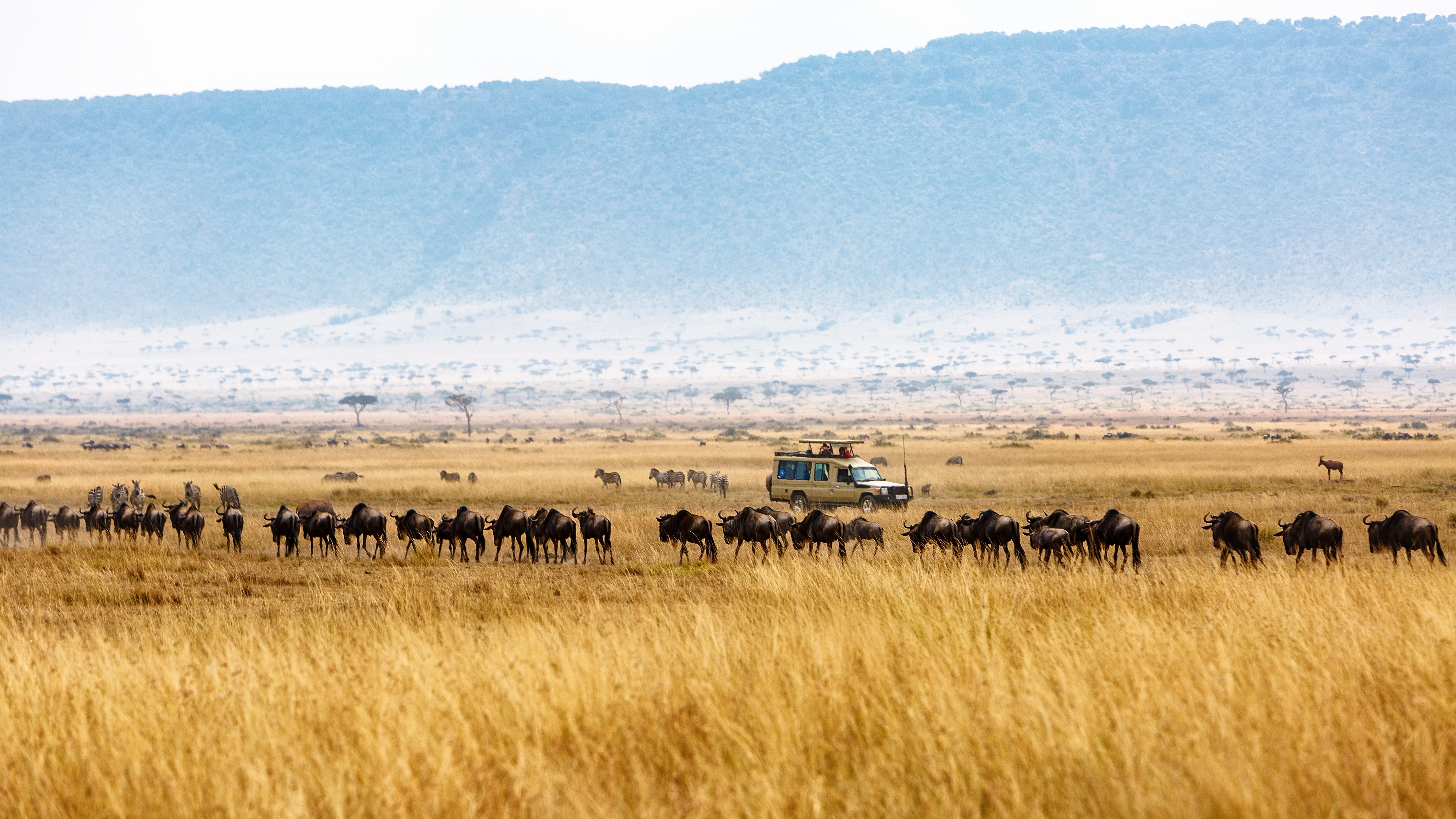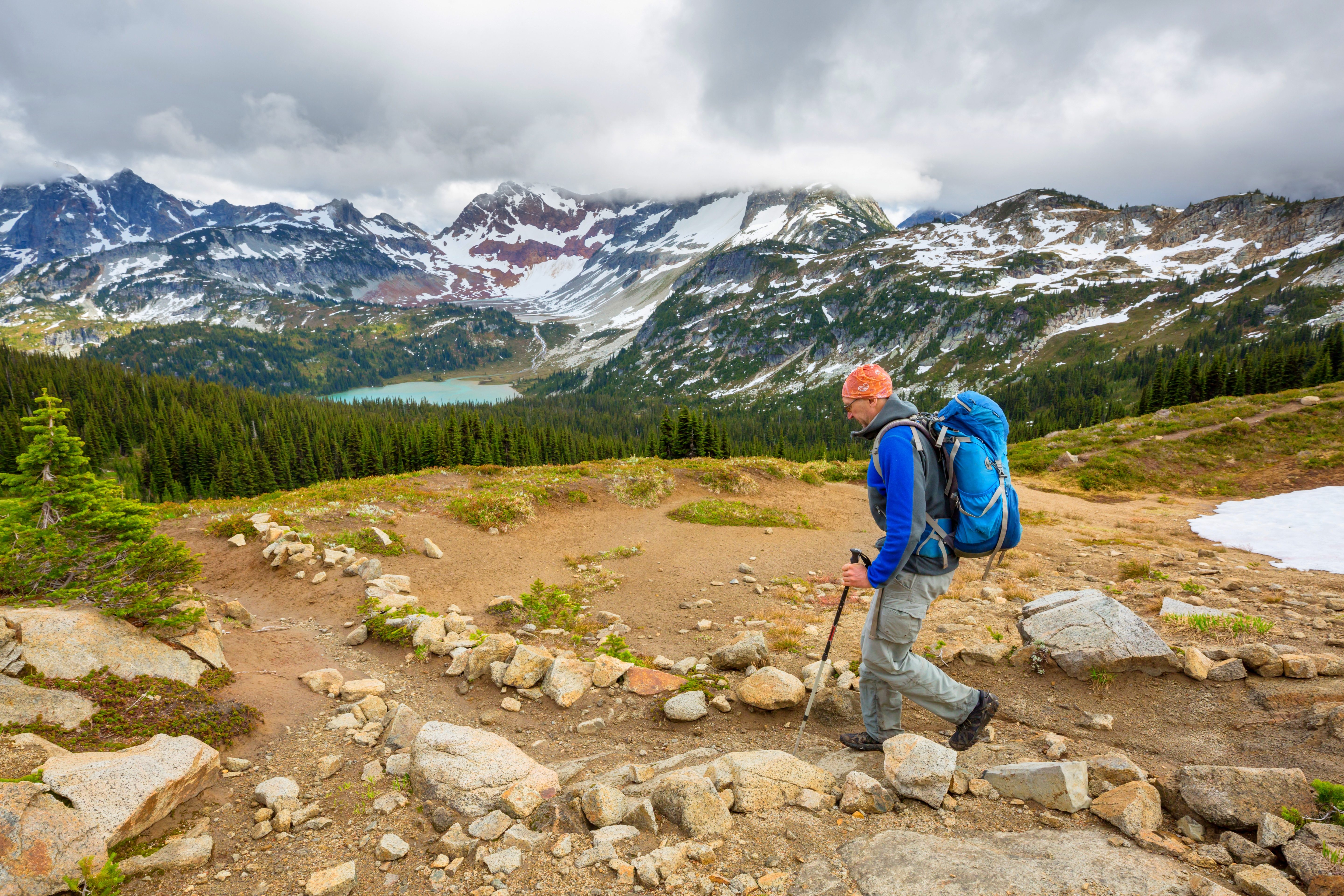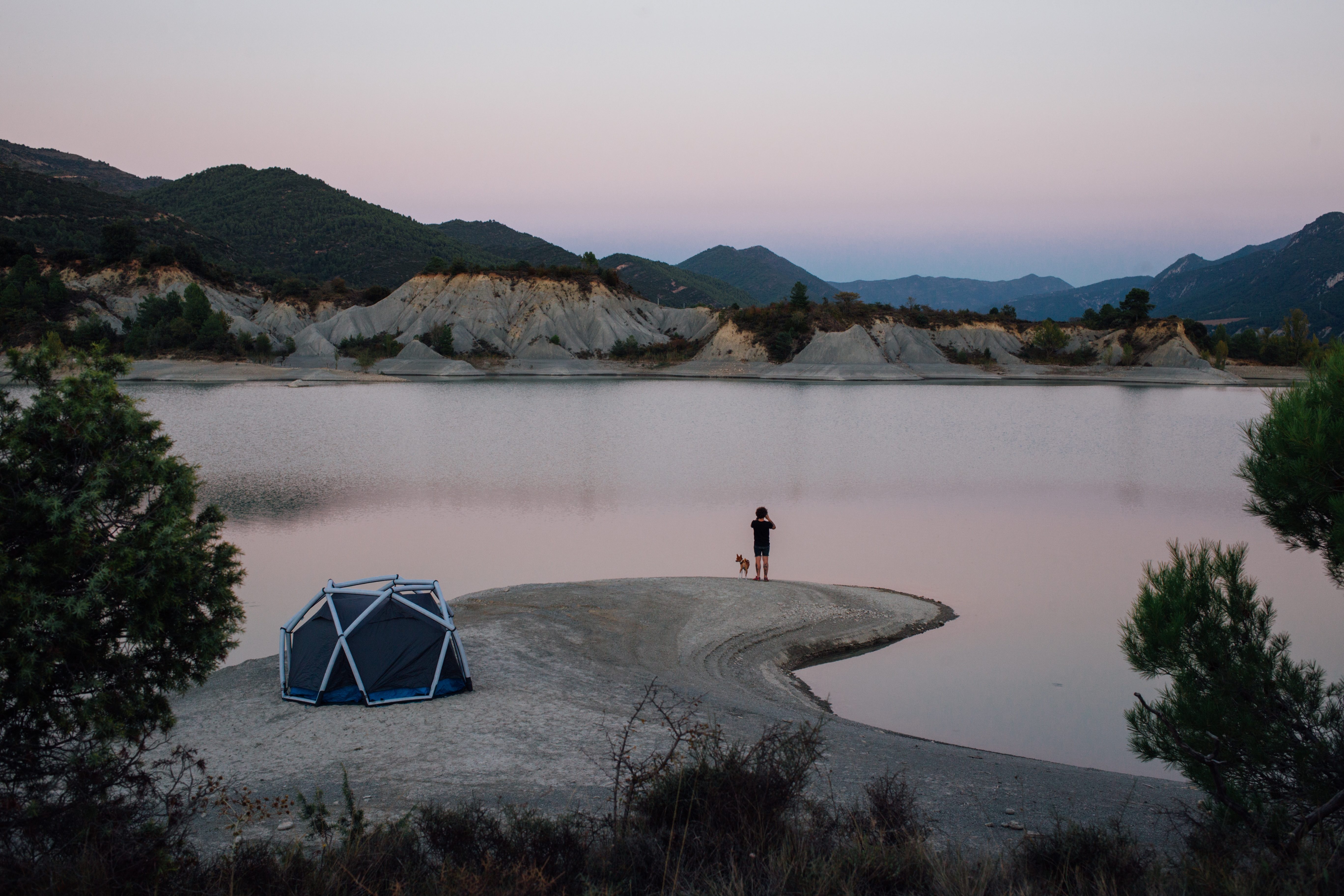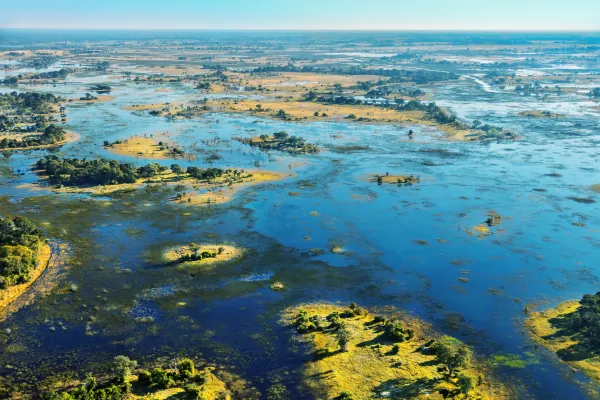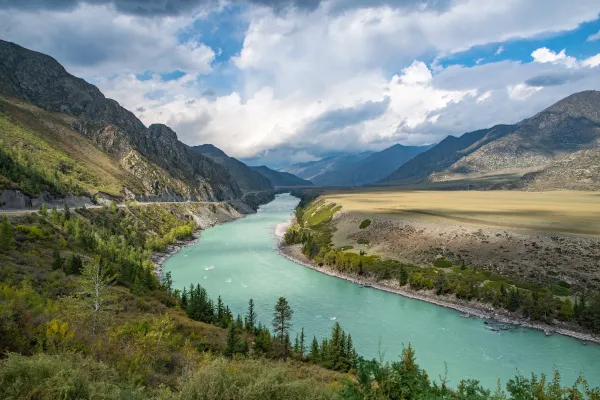The importance of Conscious Travel
In a world where travel has become increasingly accessible, we are faced with a paradox. On one hand, the opportunity to explore new cultures, landscapes, and experiences is at an all-time high.
Technology and especially social media has made it easier to plan trips, and the global travel industry continues to grow. On the other hand, the growing demand for travel is placing immense pressure on the planet, its environment and its inhabitants.
While travel has the potential to broaden our perspectives and foster cultural exchange, it also comes with significant environmental and social challenges. That is why we need to approach the concept of “Conscious travel” - that is not simply about where we go, but how we get there, how we interact with the places we visit, and how long we stay here.
The choices we make while traveling can prove to be either an asset or a detriment to the preservation of the natural and cultural heritage of the places we visit. Today, more than ever, it’s essential to adopt a more thoughtful, responsible approach to travel—one that minimizes negative impacts and maximizes the positive effects of our journey.
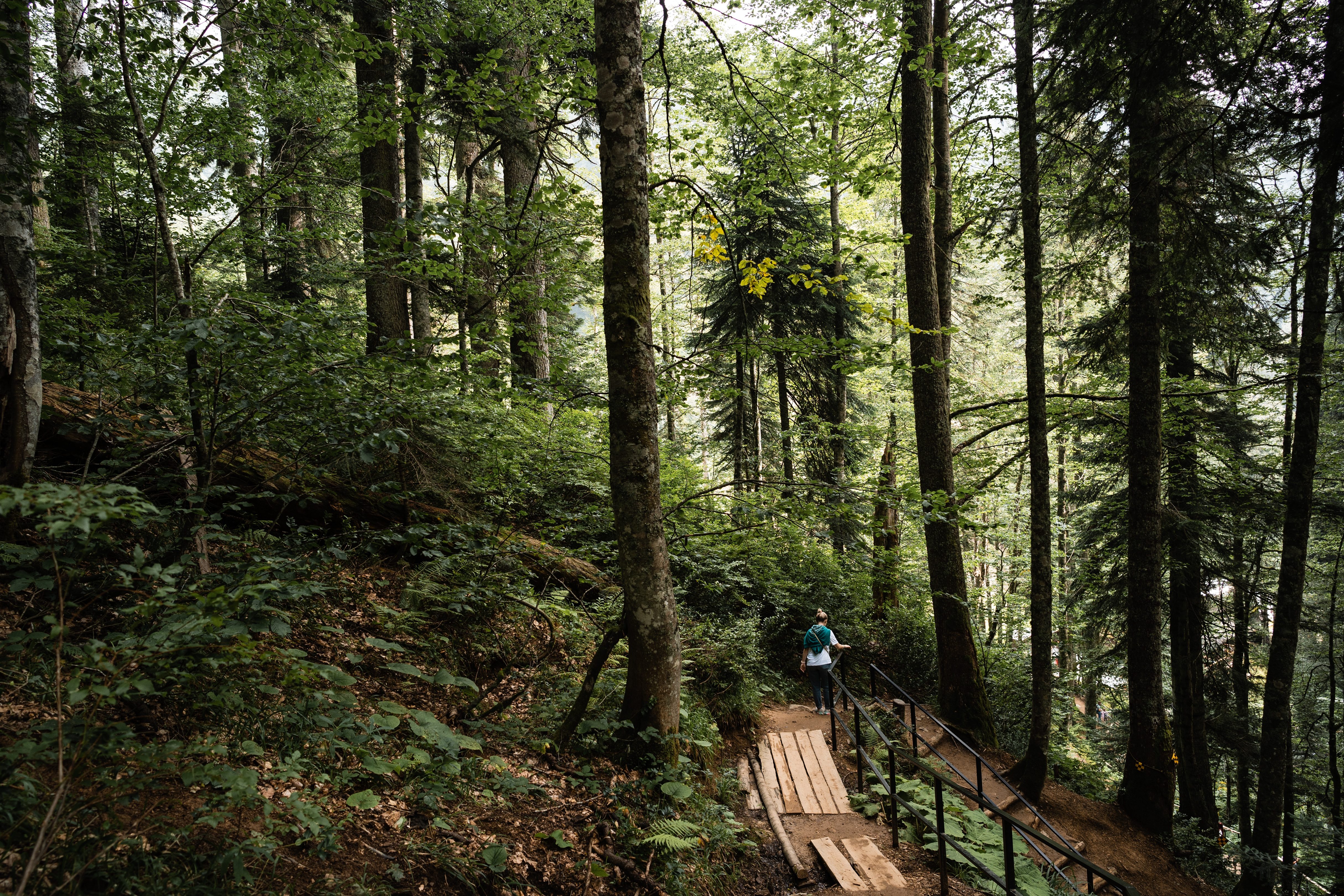
What is Conscious Travel?
Conscious travel is a mindful approach to exploration that prioritizes eco-friendly practices, cultural respect, and a deep appreciation for nature. It encourages travelers to be aware of the environmental and social impacts of their actions, aiming to protect destinations, respect local communities, and minimize their ecological footprint.
In essence, it’s about striking a balance between enjoying the world’s wonders and actively contributing to their preservation. The enrichment we gain through exploring our planet should not come at the expense of the environments and cultures we encounter.
It is essential that we approach our travels with this awareness, ensuring that the beauty we discover is still here for future generations to enjoy.
Why is Conscious Travel important?
As travelers, we must recognize that our choices matter. From the flights we take to the accommodations and tour guides we choose, every aspect of our travel affects the environment and the people we encounter.
Mass tourism, for example, has been linked to the depletion of natural resources, damage to fragile ecosystems, and the erosion of cultural identities. Yet, while awareness of these issues is growing, many travelers still struggle to find responsible, ethical options - and understandably so. With droves of companies claiming sustainability and green travel, it can be difficult to distinguish between good practice and good marketing.
While we often cannot take claims of ecofriendly businesses at face value, we can do our due diligence to research what efforts are being undertaken to ensure ecological responsibility, before deciding to support an organization with our time or with our wallet. With Conscious Explorer we aim to be a platform to inspire and guide travellers, for more responsible travel decisions - more on that later.
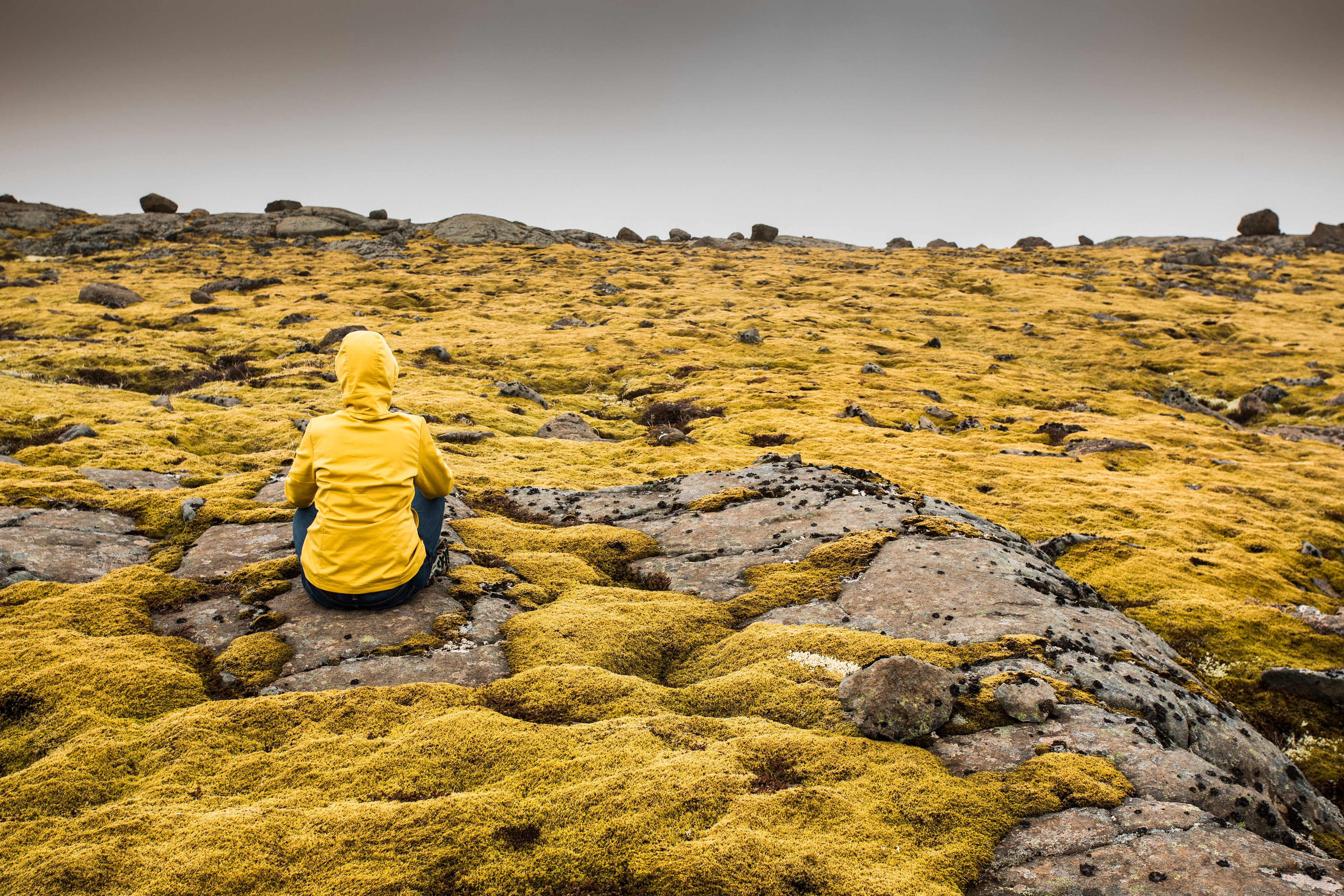
The growing challenges in tourism
#1 Mass tourism and overcrowding
One of the most pressing issues regarding travel these days is mass tourism. Popular destinations often become overwhelmed with tourists, leading to environmental degradation, overcrowded attractions, and a diminished quality of life for local communities.
Natural wonders such as beaches, forests, and wildlife habitats are increasingly suffering from tourists straying off designated paths or disrupting delicate ecosystems in pursuit of the perfect Instagram shot.
Examples abound, from Iceland's moss-covered landscapes to Mount Everest and even bustling cities like Barcelona. The pressure is also mounting on UNESCO World Heritage sites and national parks, where visitor numbers continue to climb year after year and are becoming unmanageable.
#2 Loss of nature due to neglect and carelessness
The loss of natural habitats is another growing concern. As tourism numbers increase, ecosystems are under pressure from unsustainable use. Simple acts like stepping off marked paths, leaving waste behind, or disturbing wildlife can cause lasting damage. For example, in places like the Galápagos Islands, the influx of tourists has led to significant harm to delicate ecosystems, as visitors unknowingly trample fragile plant life and disturb native species.
Similarly, rising tourism in the Great Barrier Reef has contributed to coral bleaching through high boat traffic, anchor damage, unintentional harm from snorkelers and divers, and waste and chemical exposure, all of which stress the natural environment and increase susceptibility to bleaching. Unique and intricate natural structures that took centuries to develop are being eroded within a few decades due to irresponsible tourism practices.
#3 Non-ethical providers
It is also increasingly difficult to discern which travel companies genuinely embrace responsible tourism practices. Many operators claim to be sustainable but fail to follow through with meaningful initiatives. Some may still promote wildlife attractions that exploit animals or engage in environmentally harmful activities, such as mass wildlife tourism – the large-scale visitation of natural areas to observe wildlife, often leading to environmental and wildlife disturbances if not carefully managed mass wildlife tourism.
Similarly, practices such as taking close-up photos with, touching, or feeding wild animals are irresponsible and can harm both the animals and their environment. These activities disrupt the natural behaviours of animals, cause them unnecessary stress, and can even endanger their health. A growing solution is the adoption of a "no touch policy" for animals, which ensures that tourists observe wildlife from a respectful distance, without causing harm or interference. Unfortunately, some operators continue to profit from such exploitative practices, often while claiming to offer "real” and “immersive" experiences.
Others may profit from local communities while offering little in return, perpetuating cycles of inequality and disempowerment through cultural or land exploitation, low-wage labour, or coercion into unfair agreements that grant tour operators exclusive tourism rights. Without regulation and accountability, these non-ethical providers continue to thrive, undermining efforts to promote truly conscious and responsible tourism.
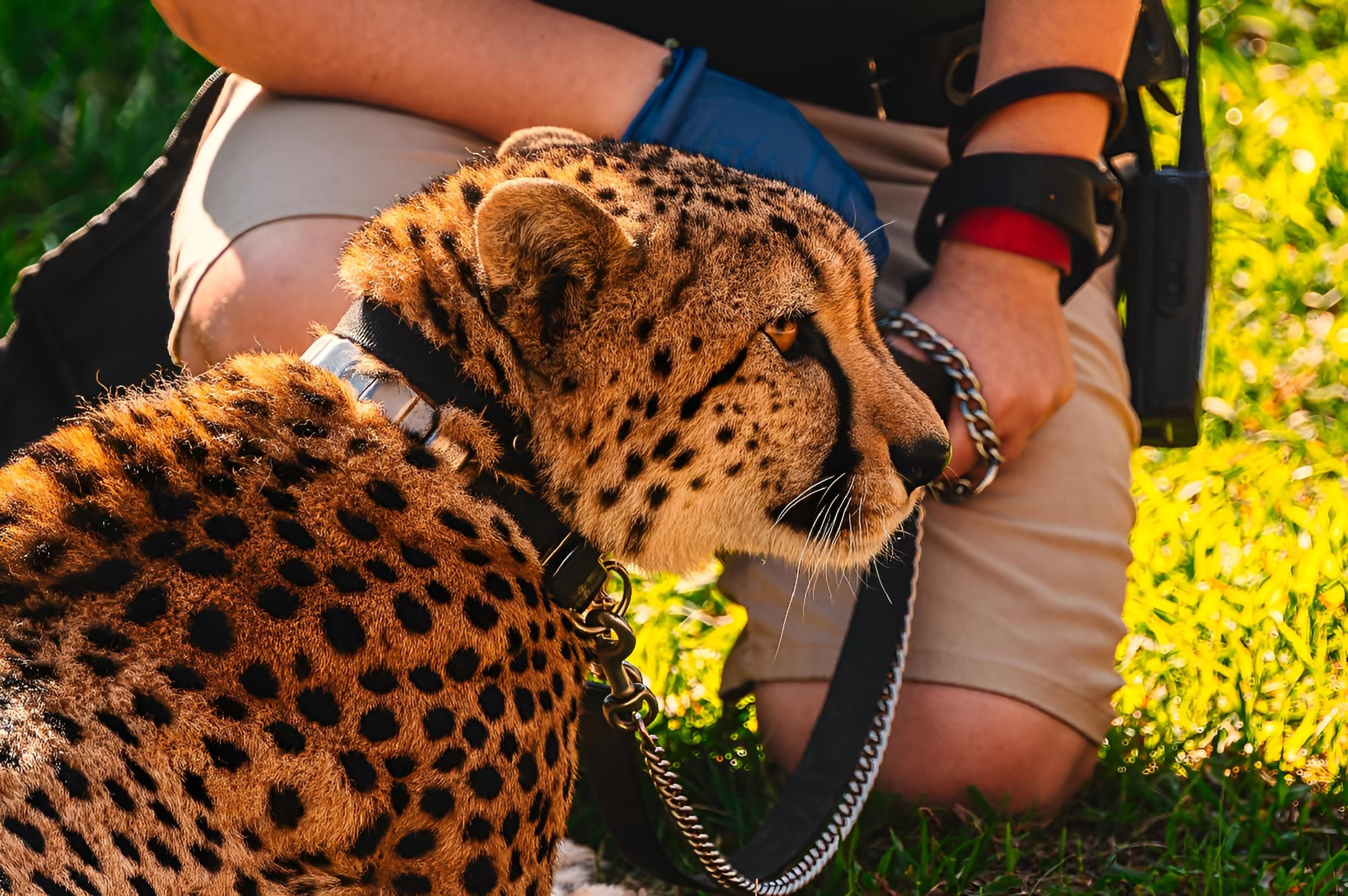
#4 Missing education and awareness
A significant challenge to conscious travel is the lack of education among both travelers and tourism providers.
Many travelers are unaware of the environmental and social impacts their actions can have. Without proper education on the importance of responsible travel practices, tourists often unknowingly contribute to issues like pollution, wildlife exploitation, and cultural exploitation.
Similarly, many travel companies fail to educate their clients on responsible behavior, neglecting to provide information on how to respect local ecosystems and communities. This lack of education hinders the industry's shift toward more responsible practices while favouring economic gain over long-term sustainability.
»The truth is that the natural world is changing. And we are totally dependent on that world. It provides our food, water, and air. It is the most precious thing we have, and it is our responsibility to care for it.«
The need for responsible travel operators
In this chaotic landscape, the demand for ethical travel operators has never been more crucial. It is essential to find companies and guides that are genuinely dedicated to mindful practices, whether through eco-friendly accommodations, carbon offsetting measures, or efforts to protect and preserve local cultures and environments. Travelers need to seek out those who are transparent about their environmental impact and those who actively contribute to the communities they work in.
Most importantly, these initiatives must benefit local communities directly, ensuring that the people who live in the destinations being visited are not just passive recipients but active participants in shaping and benefiting from the tourism industry. In the best-case scenario, it is these local communities that should be leading the way, running the show on the ground. Their intimate knowledge of the land and culture is invaluable, and empowering them to make decisions ensures that tourism contributes meaningfully to their livelihoods while safeguarding their heritage.
However, finding these operators can be difficult. With so many “greenwashed” initiatives in the tourism industry, travelers often don’t know where to begin or who to trust. And even if one is lucky enough to find a responsible operator, the cost of supporting responsible and impactful tourism can sometimes be prohibitive for many.
The idea of Conscious Explorer
At Conscious Explorer, we recognize the urgent need for ethical and conscious travel options. Our platform is dedicated to passionate nature lovers, conservationists, and explorers united by a shared vision of responsible travel. Our mission is clear: to provide travelers with carefully curated, ethical travel choices while inspiring them through our magazine and introducing them to incredible partners around the world who are deeply committed to protecting our planet.
We aim to transform how people travel by making conscious, mindful choices more accessible. Through our partnerships with conservation organizations, ethical tour operators, and eco-friendly accommodations, we empower our community to discover destinations and experiences that align with their values. By promoting travel that is both responsible and ecofriendly, we work to safeguard our planet’s most precious resources, ensuring that future generations can continue to experience its beauty.
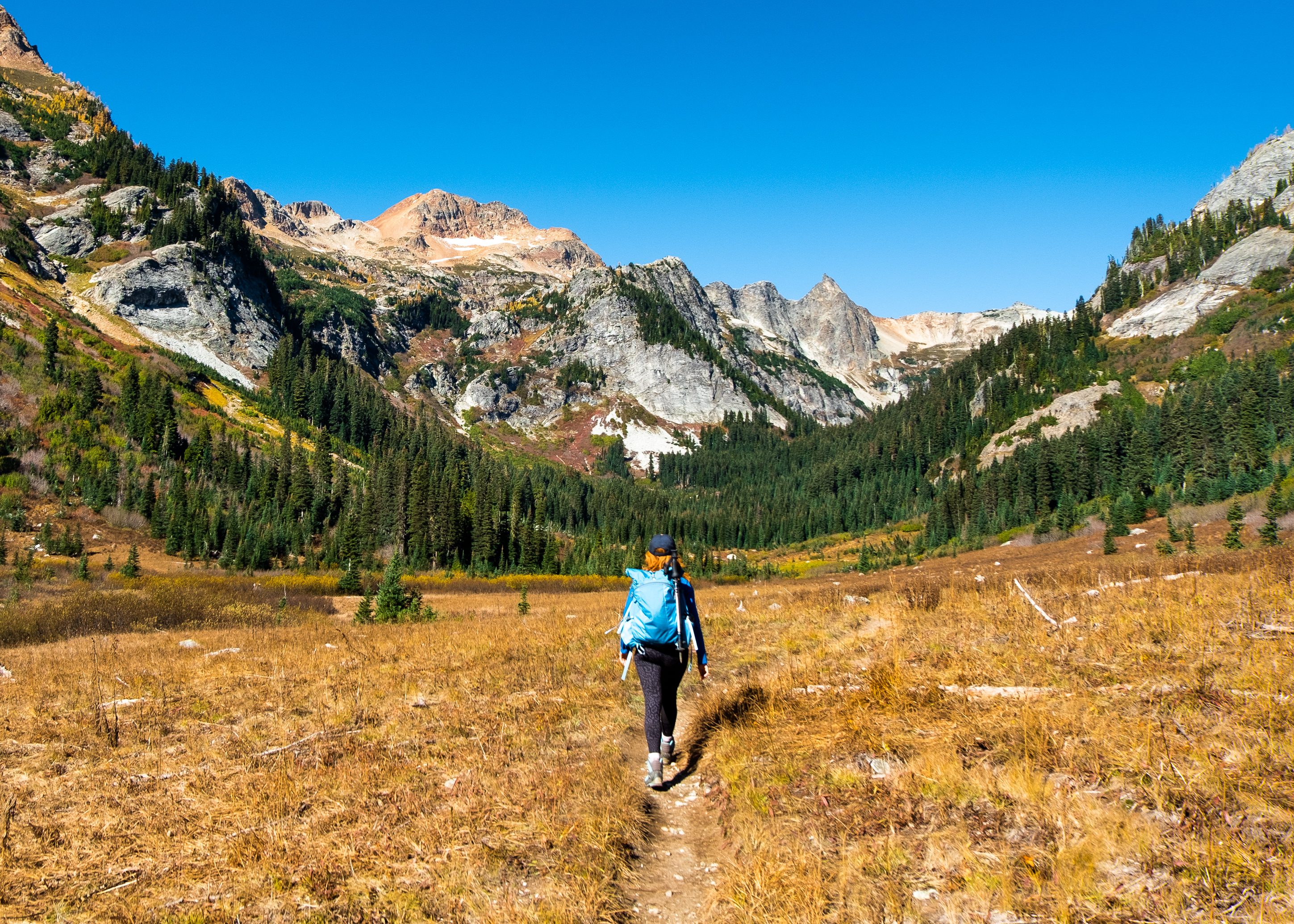
How to contribute to conscious travel
As a traveler, you have the power to make a difference. Here are some simple ways you can contribute to conscious travel:
#1 Research before you travel
Look for operators that follow responsible tourism practices. Check their environmental policies and commitment to cultural respect. At Conscious Explorer, we have helped make this easy for you, by promoting only travel operators whose ethos and practices truly reflect conscious exploration.
#2 Respect local communities
Always be mindful of the traditions, customs, and needs of the people you encounter. Support local businesses and ensure your tourism dollars benefit the community.
#3 Minimize your ecological footprint
Travel slower, avoid unnecessary flights, and choose eco-friendly accommodations and activities that minimize waste and energy use.
#4 Leave no trace
Stick to marked trails, dispose of waste properly, and avoid disturbing wildlife or natural habitats.
#5 Support ethical wildlife tourism
Avoid places that exploit animals or degrade ecosystems. Look for sanctuaries and eco-friendly wildlife experiences that focus on conservation and environmental education.
#6 Immerse yourself in in-depth nature adventures
Be guided by local experts who will deepen your understanding of the interconnectedness of nature and its inhabitants, offering a truly insightful learning experience.
Making travel a force for good
Conscious travel is not just a trend—it is a necessity. As the environmental pressures of mass tourism continue to mount, it is imperative that we take action to preserve our planet’s natural beauty and cultural integrity.
By supporting ethical travel operators and making responsible choices, we can reduce the negative impact of tourism on the environment and communities. At Conscious Explorer, we are committed to making it easier for travelers to discover conscious travel options that help protect the world for future generations.
Together, we can make a positive impact and inspire others to join the movement toward more responsible travel. Conscious travel may take more effort, but the rewards—for both the traveler and the planet—are undeniably worth it.
Sign up for the newsletter
By clicking on “Subscribe now” I will subscribe to the Conscious Explorer newsletter with all the information about mindful travel. Information on the success measurement included in the consent, the use of the shipping service provider MailChimp, logging of the registration and your rights of revocation can be found in our privacy policy.




